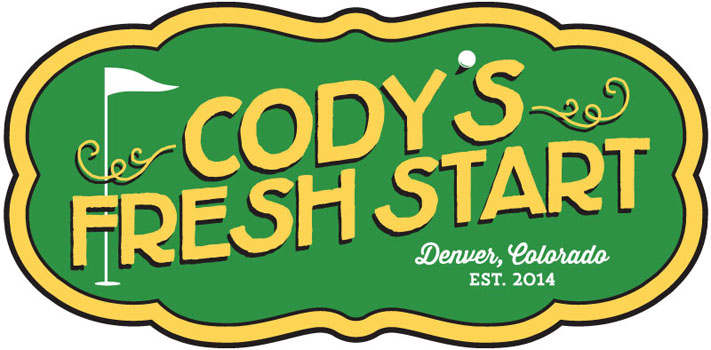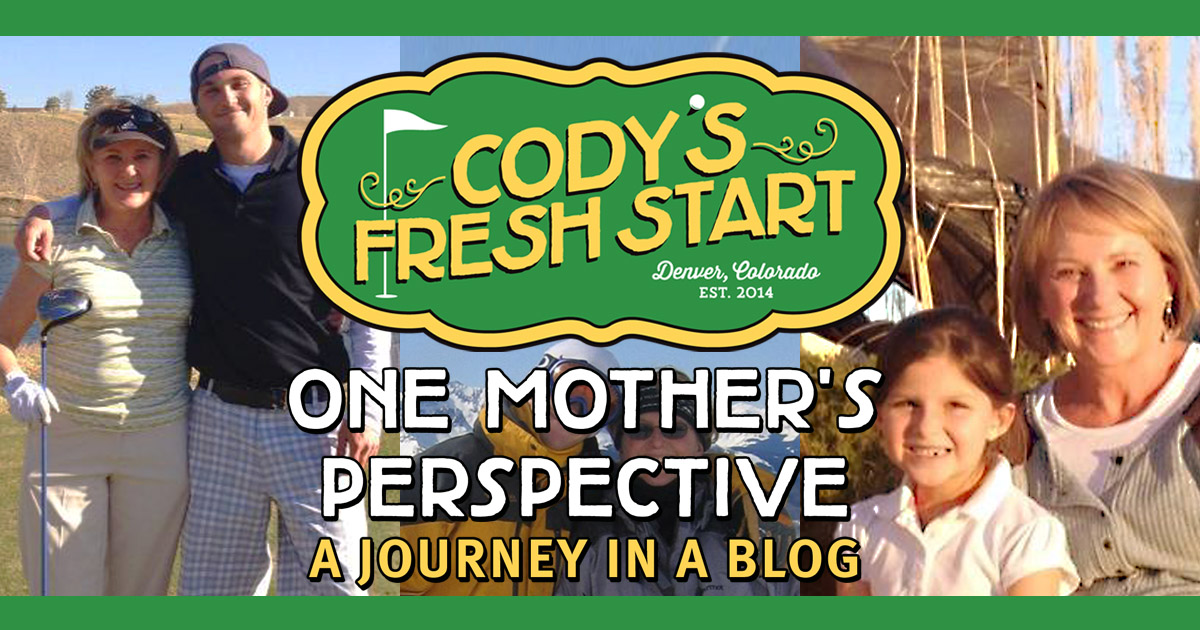By Mary Cucarola – 7/2/20
“Content is fire. Social media is gasoline.” ~Jay Baer
I am reading in Time magazine the average American’s attention span has dropped to eight seconds, shorter than the attention span of a goldfish. Still, I am thinking one can absorb a lot of misleading information in eight seconds.
Although, I believe the eight second attention span is reasonable when reading it, I am skeptical of the goldfish claim (uh, really), and in further research, I discover both of these claims are not true. The statement by Time magazine that Americans have a lower attention span than goldfish isn’t a fact at all, only a fabricated tool for marketers. Okay, then.
When I find myself reading misinformation and conspiracy theories online about COVID-19, protestors, political party shenanigans, and other posts, it makes me feel like I must be naïve or uninformed. Misinformation is read by people and reposted as if it is the truth, but only if it fits their perspective. Then, these theories go around social media like fire, igniting emotions and division without an ember of truth, yet continue to get everyone’s attention over and over again.
I often ask myself where do I find the truth or more importantly where do I find reverence for the truth?
The average American spends almost 6 hours per day on their phone. If you multiply the average per year, it is 2,190 hours on the phone, which is a third of our waking hours. What’s been revealed to me as I am writing this blog is my daily screen time is more than that average – it’s at 6 hours and 13 minutes (uh, really). You can check your screen time in your iPhone under Settings.
Social media is like an addiction and needs a detox to get clean. Just like alcohol and drugs, you get hooked.
This kind of online overload comes at a cost – it is exhausting and adds to the anxiety already present at this difficult time in history, especially if dealing with addicted loved ones, too. Overdose deaths are up 11% and relapses are on the increase, too. Nearly one-fifth of people say technology is a source of stress. I know it drains the creativity right out of me, and I find myself spinning out of control with all of the negativity and not able to get anything done. Inertia sets in. I do the things that are bad for me, like eating and watching endless cable shows.
It reminds me how I felt the first year after my son passed away, when my grief was still so raw, almost seven years ago. I complained to my grief counselor about how looking on Facebook at everyone else’s happy lives and stories made me feel even worse than I already felt. She looked at me curiously, but asked kindly, “then why don’t you stop looking at Facebook?”
Surprisingly enough, I hadn’t even thought about it. I tried to stop scrolling through Facebook for a while, and I couldn’t do it. I had a lack of control because it was a way to escape, even though it made me feel bad about myself to see other people seem so happy when I wasn’t happy at all.
My grief counselor and I came up with a plan where I would look at it twice per day – once in the morning and again in the evening. It was extremely hard at first because I was so addicted to it, but I managed to ease into the process of leaving it alone. She held me accountable. I can’t express how much better I started to feel after I limited my time on Facebook. I became less distracted by other people’s lives and started focusing on healing my own.
Such a small change helped me understand the way out of my grief wasn’t through comparing myself to others, but through recognizing my pain and not letting it define me. I was a resilient spirit with new possibilities ahead of me.
There is usually an uncomfortable emotion we are trying to get away from which leads to spending hours on social media. Mine is always the pain of losing my son, sometimes the loneliness. Once identified, if we can be mindful of it, it will show us the issue driving the urges. We have a choice to respond to it rather than react to it. The ability to be present to what is happening allows us to consciously notice what is happening as it is happening and pause before acting on urges. It can help disrupt social media addiction loops.
Do you need to give up all of your screen time? No, it is just not practical, but you can relax the death grip on your phone. That is the challenge. I continue to be challenged by it every single day.
But I do know social media information overload is not worth the cost to my mental health – I don’t like inertia. When the consequences are worse than the benefits, addiction loses its grip. It’s what we learn in our family program. 🙂
Mary Cucarola – 7/2/20

